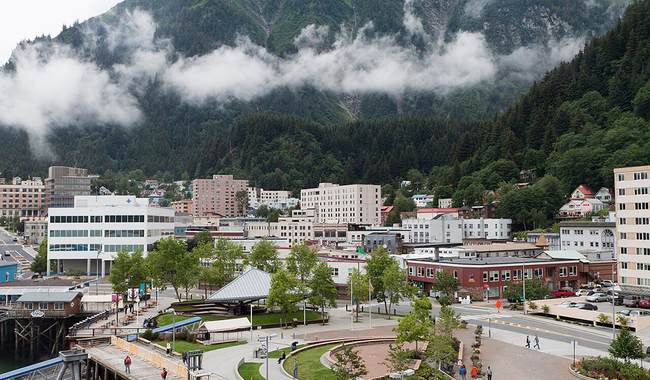USDA Withdraws Rule That Blocked Logging and Fire Management in the Roadless Areas

Forestry activities involve the use of trees, a replenishable raw material. In Alaska, the enforcement of the “Roadless Rule” in 2001 limited logging operations in areas such as the Tongass National Forest, which was initially established to manage and make timber accessible. The Biden administration rigorously upheld this rule, leading to the protection of 58.5 million acres of National Forest land.
On Monday, Agriculture Secretary Brooke L. Rollins announced that the Roadless Rule has gone the way of the dodo.
However, the “Roadless Rule” is exceedingly strict and has negative repercussions on millions of acres within our national forests. Approximately 30% of the lands within the National Forest System are affected by this rule, impeding proper forest management in regions like Utah, Montana, and Alaska. Consequently, this limitation also impacts job opportunities and economic growth in rural areas, with Utah estimating a 25% decline in economic progress in the forestry industry due to this rule.
Repealing the “Roadless Rule” is beneficial for the entire country. This change will particularly benefit Alaska by allowing logging and other activities in the Tongass National Forest, the largest national forest in the United States.
Congressman Nick Begich noted, “Today’s decision by the USDA to rescind the deeply flawed and outdated Roadless Rule is yet another a major victory for Alaska. Alaska’s forests are one of our state’s greatest natural assets and the “Roadless Rule” has long stifled responsible forest management, blocked access to critical resources, and halted economic opportunity particularly in Alaska, where 92% of the Tongass National Forest was off-limits. The Roadless Rule was never about responsible conservation; it was about bureaucratic overreach that undermined the ability of local forest managers and communities to effectively manage their lands.
Congressman Begich is precisely right. The “Roadless Rule” was a nonsensical regulation, written to appease environmental activists who rarely, if ever, see the actual environment, much less try to make a living from it.
Of course, nobody wants to see vast tracts of forest clear-cut and left empty, nor do we want to see endless dirt roads crisscrossing the landscape. But we won’t. That’s not how modern forest management works, and we still want to conserve resources, not waste them. People like wild places, people like green trees and colorful wildflowers. This act, this stripping away of some unnecessary red tape, will increase, not decrease, people’s access to these areas – to land that actually belongs to the American people.
This is the kind of deregulation that we voted for.










